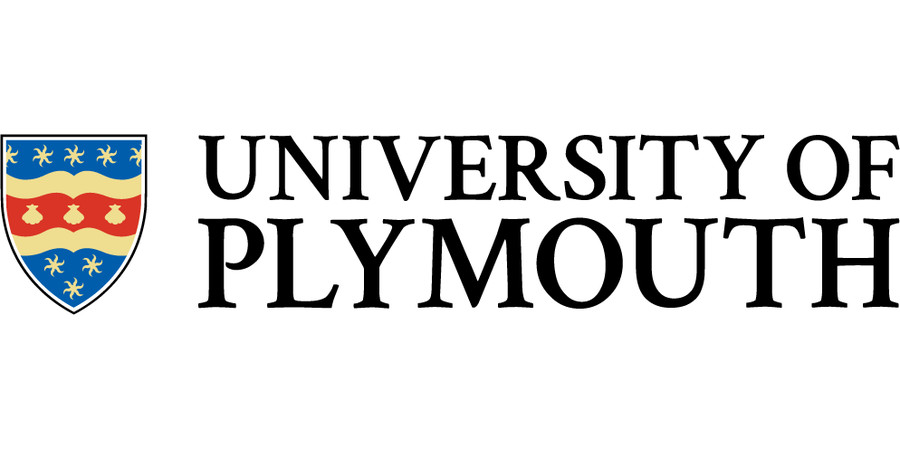PhD Studentship: Improving floating offshore wind platform survivability using artificial intelligence to inform active control strategies
University of Plymouth - Mechanical Engineering
| Qualification Type: | PhD |
|---|---|
| Location: | Devon, Plymouth |
| Funding for: | UK Students, EU Students, International Students |
| Funding amount: | The studentship is supported for 3.5 years and includes Home tuition fees plus a stipend of £20,780 per annum 2025-26 rate |
| Hours: | Full Time |
| Placed On: | 28th February 2025 |
|---|---|
| Closes: | 28th March 2025 |
DoS: Dr Scott Brown scott.brown@plymouth.ac.uk
2nd Supervisor: Dr Asiya Khan asiya.khan@plymouth.ac.uk
3rd Supervisor: Dr Tom Tosdevin tom.tosdevin@plymouth.ac.uk
Applications are invited for a 3.5-year EPSRC funded UDLA PhD studentship.
The studentship will start on 1st October 2025.
Project Description
The UK Government's pursuit of Net Zero and Energy Security heavily relies on developing offshore renewable energy sources. As part of this vision, ambitious targets aim for 50GW offshore wind capacity by 2030, with 5GW from floating offshore wind (FOW). However, a critical challenge lies in guaranteeing the survivability of FOW systems. Deployed in complex marine environments, these devices face extreme conditions arising from a combination of wave, wind, and current. Utilising control strategies is vital for mitigating the stress on offshore devices. These methodologies are designed to actively manage the forces and strains experienced by FOW systems by adjusting operational parameters, thereby reducing structural loads. Consequently, control strategies have the potential to significantly contribute to the long-term financial viability and sustainability of FOW platforms. However, each strategy’s effectiveness greatly depends on the ability to accurately predict forthcoming events, which poses a notable challenge for floating devices in extreme conditions.
Therefore, this PhD aims to develop a real-time predictive tool for forecasting near-future platform responses. Using state-of-the-art numerical models such as OpenFAST, comprehensive datasets for FOW devices will be generated encompassing a large range of environmental conditions. These datasets will serve as the training input for the predictive tool, employing advanced machine learning techniques. The integration of this predictive tool within active control strategies will be followed by rigorous testing at the University of Plymouth's cutting-edge COAST laboratory. The successful candidate will gain extensive experience in numerical and physical modelling of FOW devices, and application of machine learning methodologies.
Eligibility
Applicants should have a first or upper second class honours degree in an appropriate subject and preferably a relevant Masters qualification. Applications from both UK and overseas students are welcome.
The studentship is supported for 3.5 years and includes full Home tuition fees, Bench fee plus a stipend of £20,780 per annum 2025/26 rate. The studentship will only fully fund those applicants who are eligible for Home fees with relevant qualifications. Applicants normally required to cover International fees will have to cover the difference between the Home and the International tuition fee rates. The international component of the fee may be waived for outstanding international applicants.
There is no additional funding available to cover NHS Immigration Health Surcharge (IHS) costs, visa costs, flights etc.
NB: The studentship is supported for 3.5 years of the four-year registration period.
The subsequent 6 months of registration is a self-funded ‘writing-up’ period.
If you wish to discuss this project further informally, please contact:
Dr Scott Brown, scott.brown@plymouth.ac.uk.
To apply for this position please click on the Apply button above.
Please clearly state the name of the studentship that you are applying for on your personal statement.
Please see here for a list of supporting documents to upload with your application.
The closing date for applications is 12 noon on 28th March 2025.
Shortlisted candidates will be invited for interview shortly thereafter.
Advert information
Type / Role:
Subject Area(s):
Location(s):









